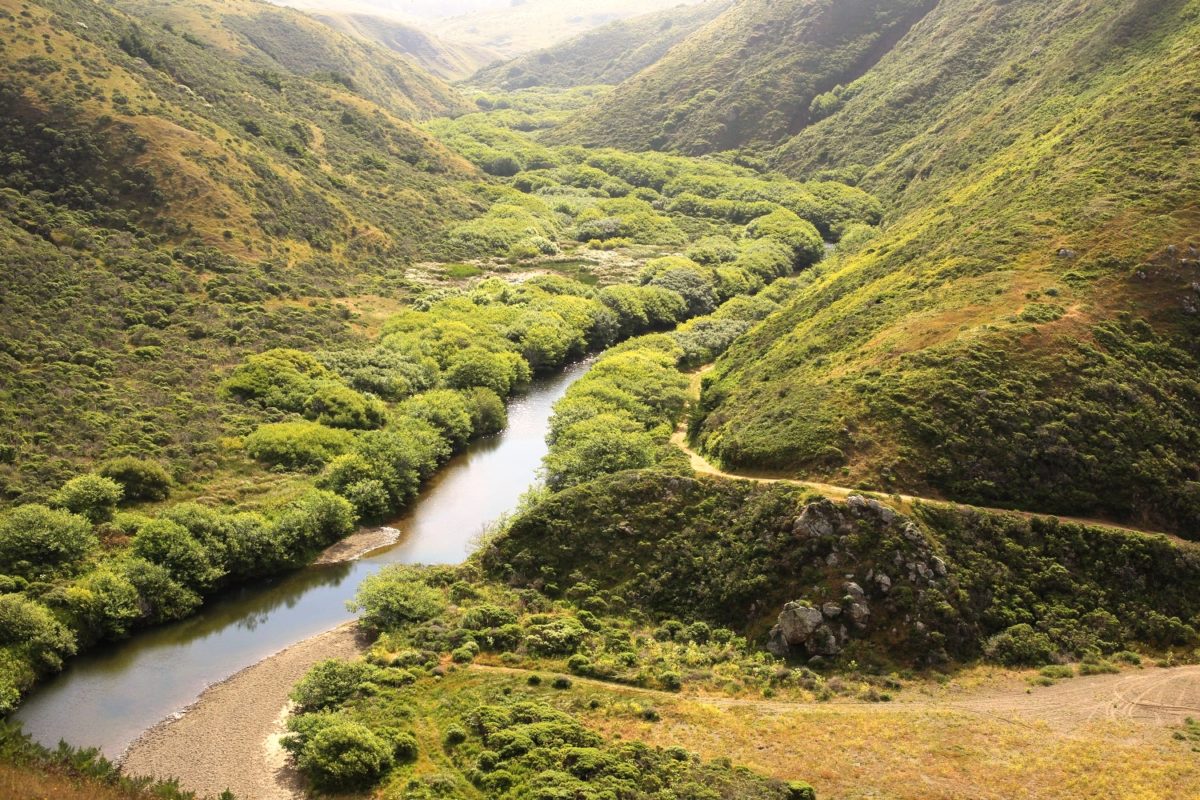Our land feeds our bodies and souls, and is the most important legacy we can pass on to our children and grandchildren. Landowners have a deep connection to their land and know the benefits undeveloped properties provide their communities: clean air and water, fresh food, wildlife habitat, and sheer scenic beauty. Too often these places disappear forever because of development. Many landowners are taking a stand to safeguard the places they love — productive farms, ranch land, forests, wetlands, coastlines — for their family and for future generations.
Ag + Open Space provides landowners who want to conserve their land a full range of options and financial benefits, while respecting private property rights. Preserving land “in perpetuity” can bring peace of mind to those who would like their land to remain as a farm or natural area for generations to come. While these particular easement-protected lands remain in private ownership and are not open to the public, they provide many benefits to the community including scenic quality, watershed protected, carbon sequestration, support for the local agricultural economy, and much more.
In some cases Ag + Open Space will hold conservation easements over publicly-owned land, such as a park or open space preserve, which are open to the public. Please refer to our Protected Lands Map to see which properties are publicly accessible.
Income GenerationTax Benefits
Enjoyment of the land
Income Generation
The District is able to purchase conservation easements from willing sellers using funds generated from the voter-approved sales tax funds. Easement values vary greatly with the highest easement values resulting from restrictive conservation easements on tracts of developable open space under intense development pressure.
Back To Top
Tax Benefits
Selling or donating land or conservation easements to the District may offer landowners income tax, estate tax, or capital gains tax reductions, as well as property tax advantages. Landowners should seek professional legal and tax advice when considering conservation options.
A landowner may sell or donate a conservation easement, or may donate a portion of the value of the easement (called a bargain sale). If the donation is to a qualified charitable organization, such as the District, and benefits the public by permanently protecting important conservation resources, it can qualify as a tax-deductible charitable donation. This may provide substantial property or estate tax benefits.
By removing the land’s development potential, the easement typically lowers the property’s market value, which can potentially lower estate and property taxes. Whether the easement is conveyed during life or by will, it can make a critical difference in one’s heirs’ ability to keep the land intact.
Back To Top
Enjoyment of the land
Owners of land with a conservation easement continue to maintain, use and enjoy the land as a private property owner, under the terms of the conservation easement. The owner controls all rights except those negotiated with the District through the purchase of the conservation easement. This land remains in private ownership and is not open to the public.
In some cases the District will hold conservation easements over publicly-owned land, such as a park or open space preserve, which are open to the public. Please refer to our Protected Lands Map to see which properties are publicly accessible.
Back To Top
